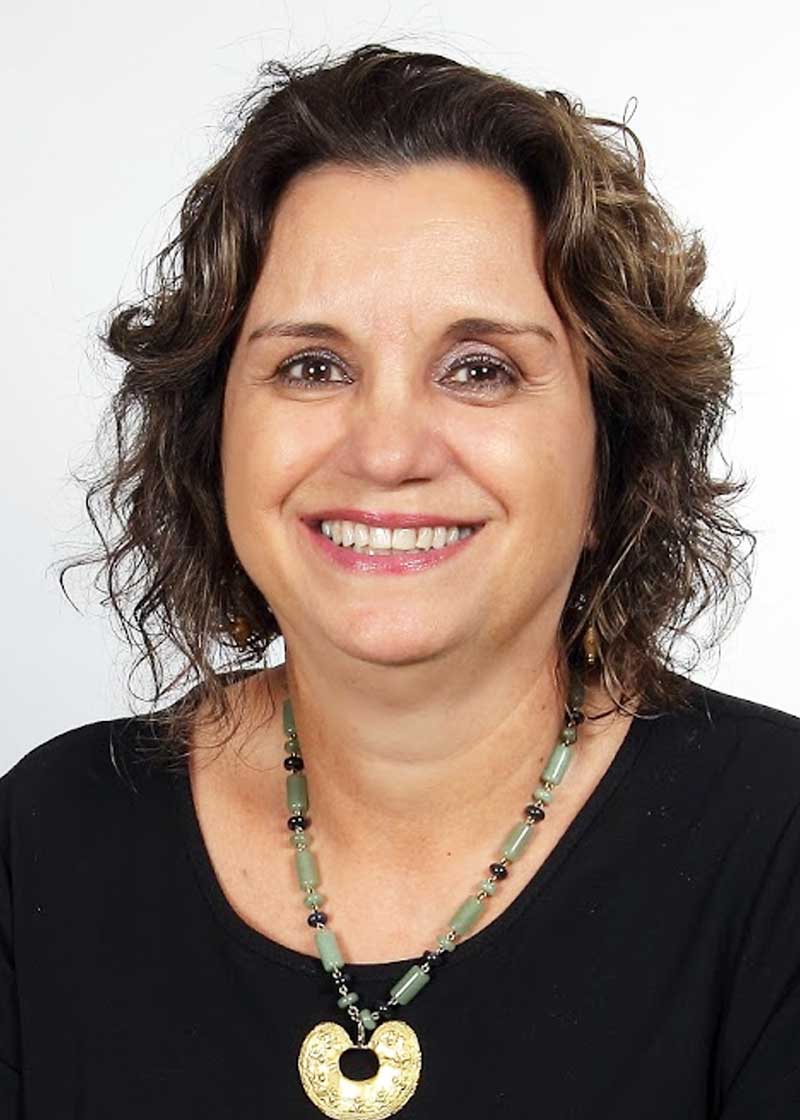 The University of Alabama System Board of Trustees has approved the formal establishment of the Division of Global and Rural Health within the Department of Obstetrics and Gynecology at the University of Alabama at Birmingham Marnix E. Heersink School of Medicine. The resolution was passed during the Board of Trustees Meeting on April 4, 2025.
The University of Alabama System Board of Trustees has approved the formal establishment of the Division of Global and Rural Health within the Department of Obstetrics and Gynecology at the University of Alabama at Birmingham Marnix E. Heersink School of Medicine. The resolution was passed during the Board of Trustees Meeting on April 4, 2025.
This milestone formalizes years of intentional growth and strategic investment in a unique, bi-directional approach to women’s health that connects underserved populations in Alabama with communities around the world.
In July 2021, the Department of OB/GYN laid the foundation for this division by appointing Isabel Scarinci, PhD, MPH, as its first Vice Chair for Global and Rural Health. Scarinci, a nationally and internationally recognized expert in women’s health, holds multiple roles across UAB, including professor in the Department of OB/GYN, senior advisor and scientist at the O’Neal Comprehensive Cancer Center, and affiliations with over a dozen UAB centers focused on translational science, reproductive health, underserved populations, AIDS research, and global health.
“This is something unique with our department,” says Dr. Scarinci. “We believe training our people on a global outlook and different environments, including rural settings, will better equip them to be well-rounded clinicians, researchers, and educators.”
The Division of Global and Rural Health serves as a platform to further expand UAB’s bi-directional strategy—one that both exports evidence-based practices to global partners and brings back innovations from abroad to enhance care in rural and underserved areas of Alabama. “I am truly thrilled and excited about the addition of this division to our department. It highlights the importance of their work and aligns with many of our clinical and academic endeavors,” says Warner Huh, M.D., chair of the Department of OBGYN.
The division's work is rooted in real-world implementation, from advancing cervical cancer prevention strategies to addressing the prenatal and perinatal needs of women living in rural settings, and applying lessons learned globally in Alabama.
 “We are not just producing evidence—we’re turning that evidence into sustainable actions,” Scarinci notes. “One example is OPERATION WIPE OUT, a statewide collaborative plan to eliminate cervical cancer as a public health in Alabama that is driven by evidence-based strategies generated by investigators in the Department and others.”
“We are not just producing evidence—we’re turning that evidence into sustainable actions,” Scarinci notes. “One example is OPERATION WIPE OUT, a statewide collaborative plan to eliminate cervical cancer as a public health in Alabama that is driven by evidence-based strategies generated by investigators in the Department and others.”
This dual focus on global outreach and local impact is already producing measurable improvements in women’s health and providing unmatched opportunities for UAB residents and fellows to engage in transformative clinical training and research toward their future as innovative women’s health leaders.